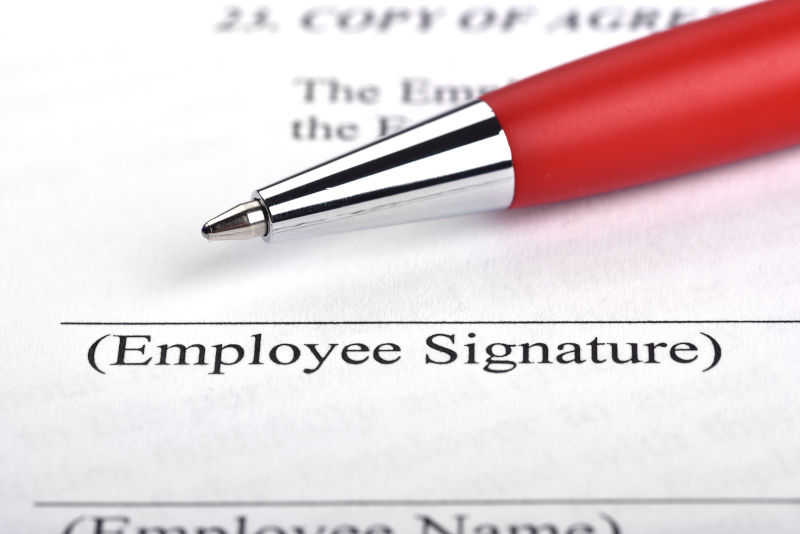*Updated February 2018*
Being told by your employer that you are now redundant can be a shock. The first questions to go through your mind may be: “How am I going to pay the mortgage?” or “How will I support my family?”
Such worries are natural, but positive outcomes can also follow from redundancy. For some people, it can act as a catalyst for making a fresh start in a new career or even starting their own business.
Whatever your feelings about being made redundant, it is important to know your legal position. Employees are entitled to certain legal protections when being made redundant. They might not prevent you from ‘losing’ your job but they can ensure that you are treated fairly. We will explore the details of this later on. Firstly, you need to be aware of what constitutes redundancy in the legal sense of the word.
What is redundancy?
There is a legal definition of redundancy and if your employer says you are redundant, you should make sure the situation falls within one of the scenarios below:
- The business has closed
- Your workplace has closed
- There is a reduced need for employees to do the available work.
Your employer cannot use ‘redundancy’ as an excuse to sack you for a different reason. If you think that your job isn’t really redundant, or that you have been unfairly selected for redundancy, you might be able to bring an Employment Tribunal claim for unfair dismissal.
What are my redundancy rights?
If your job is redundant, and your employer is unable to offer you a suitable alternative post, you will be entitled to:
- Notice (or pay in lieu of notice) – check your employment contract and bear in mind the minimum notice periods required by law:
- At least one week’s notice if you’ve been employed between one month and two years
- One week’s notice for each year of employment between two years and 12 years
- 12 weeks’ notice if you’ve been employed for 12 years or more.
- A redundancy payment– you might have a contractual entitlement to a redundancy payment but, even if you don’t, if you are an employee with more than two years’ continuous service, you will be entitled to the statutory minimum redundancy payment. This is based on your age, salary and length of service. Unfortunately, it isn’t very much. Here’s how it’s worked out:
- 5 week’s pay for each full year of service under the age of 22
- 1 week’s pay for each full year of service between the age of 22 and 41
- 5 week’s pay for each full year of service aged over 41.
However, there are certain limits on the above figures. The maximum number of years that can be taken into account is 20 years. Also, the maximum weekly pay is currently capped at £489. So, for example, a 35 year-old with two years’ service who earns £500 a week would be entitled to £978 (£489 x two weeks).
If your employer’s business becomes insolvent, you should be able to claim your redundancy entitlement from the National Insurance Fund.
- A fair process– your employer should consult with you about the proposed redundancy and allow you the opportunity to suggest ways of avoiding the loss of your job. They should also let you know about any potential alternative roles for you within the company.
Where only certain employees are being made redundant, your employer must be able to show they have followed a fair selection process. The law provides further protection from selection based upon any discriminatory reasons.
Also, if your employer is planning to make 20 or more people redundant, special rules apply.
What should I do next?
- If you’re a member of a union, ask them for support.
- Find out more about your rights on www.acas.org.uk.
- If you think you have been unfairly dismissed, speak to a solicitor to find out what options you have. This may not necessarily involve making a claim; your solicitor might be able to help you resolve the situation through writing to your employer.
Change Solicitors?
And if you think that your solicitors don’t properly understand your redundancy claim, then you may want to consider switching solicitors to ourselves.
For more advice about redundancy, contact Truth Legal. We offer free, no-obligation consultations and can help you to bring a No Win No Fee employment claim.
Further Reading
From one of the UK’s most read legal blogs.











